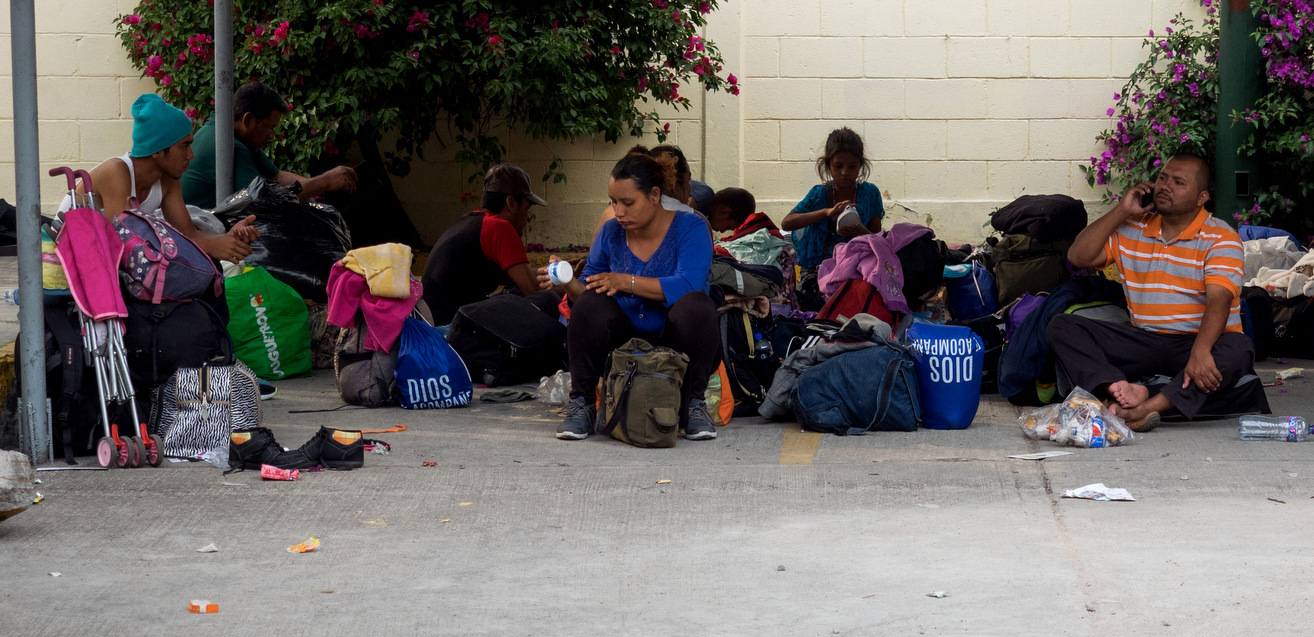MEXICO CITY — By the thousands they came, slowly spilling from the fleet of tour buses Tuesday afternoon like clumps of molasses, clutching babies and duffel bags, wearing baseball caps and bandanas, and chanting and cheering and raising their fists defiantly to the sky. Most of those traveling in the caravan were from Honduras; all were searching for a life free of violence and want, and none were deterred by President Trump’s bellicosity, bluster or bullying.
“We really don’t have any other option but to migrate,” a Honduran migrant named Henry Josue told MintPress News.
Like many others traveling as part of the caravan, Henry has attempted this journey north before, only to be caught by Mexican officials and repatriated to Honduras. This time, however, he linked up with Pueblo Sin Fronteras, or People Without Borders, an organization that accompanies migrants in their journeys, providing logistical support and humanitarian aid.
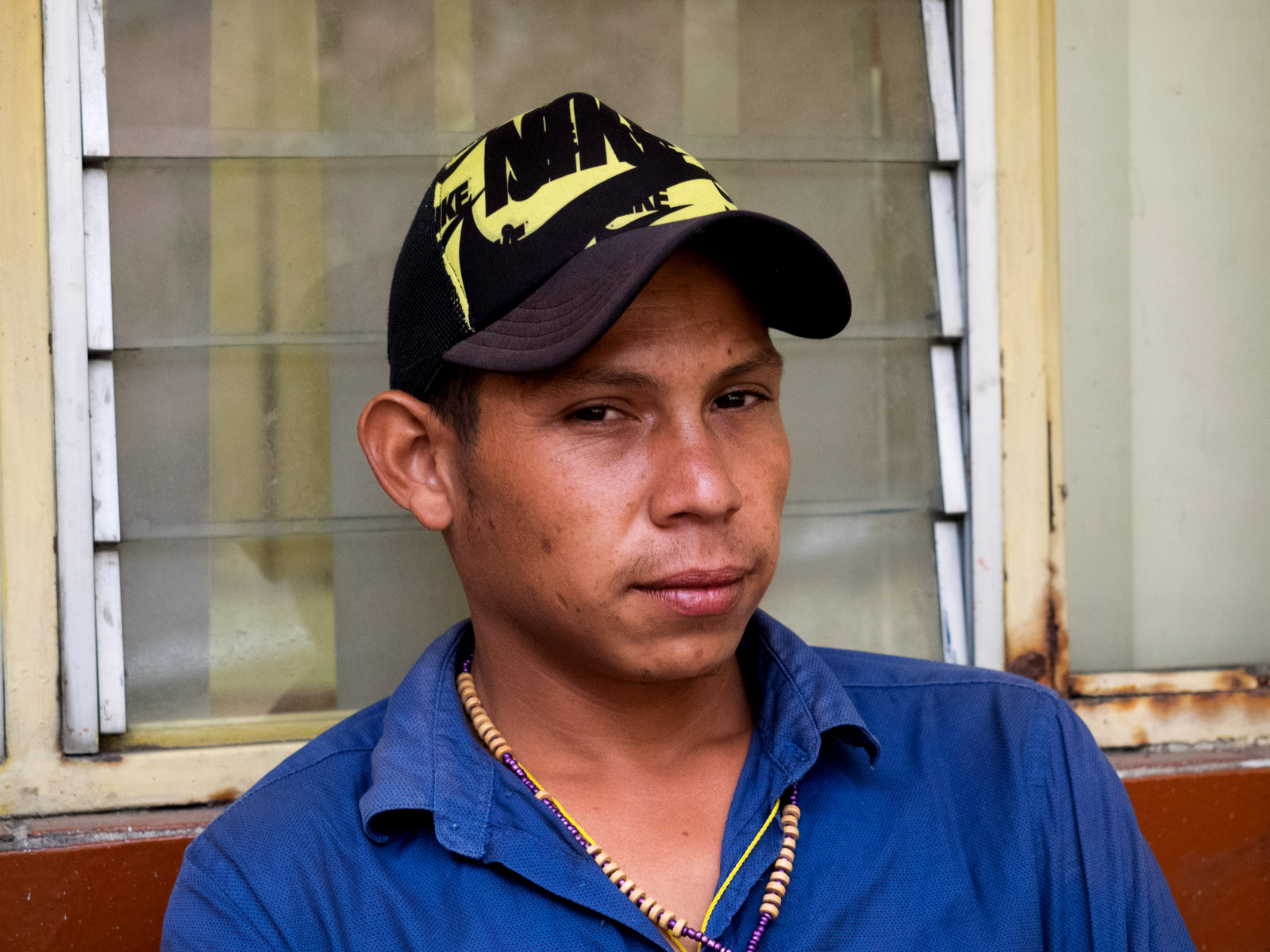
Leonard Olsen is a U.S.-born supporter of Pueblo Sin Fronteras and has been accompanying the migrants through part of their journey through Mexico. He told MintPress that the group’s solidarity with migrants and refugees boils down to a question of human rights.
“We stand in unity with all displaced people, no matter your origin, no matter what the reason was for your displacement,” said Olsen.
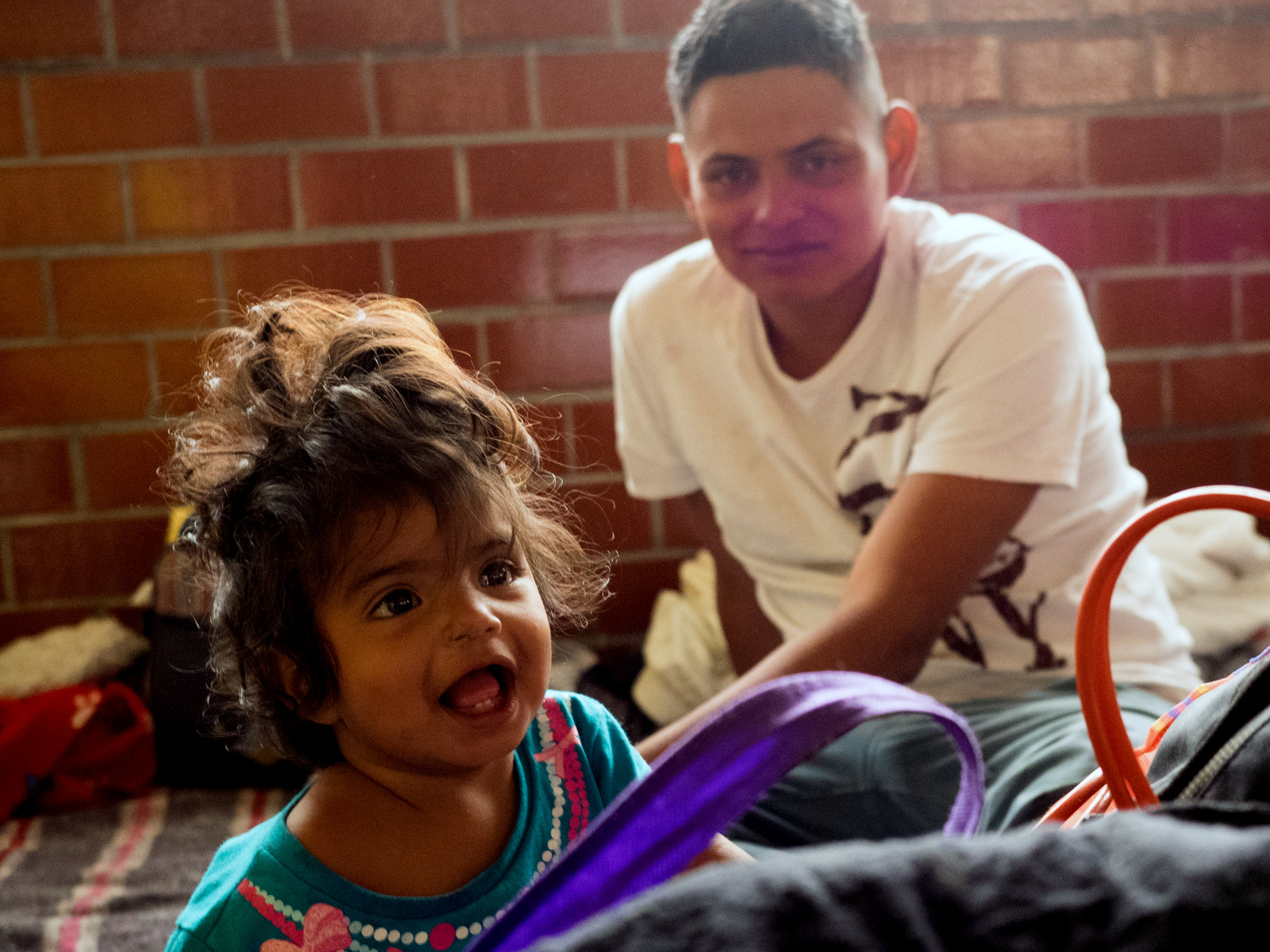
In a recent Twitter outburst, President Donald Trump portrayed the caravan as some kind of organized invasion of the U.S. In reality, Olsen said, Pueblo Sin Fronteras neither advertises nor recruits people to join its caravans: “These are people who have already decided to leave their countries.”
Life on the caravan
The caravan is a surprisingly improvised and spartan affair, as the organization has very few resources and depends almost entirely on donations. For the most part, the work of Pueblo Sin Fronteras consists of making a very dangerous journey safer.
Unable to afford bus fare, most migrants travel through Mexico by whatever means they can, and often that means riding on top of a freight train, commonly known as La Bestia, or The Beast.
Traveling on top of La Bestia is a perilous affair: the train is not designed to carry passengers and one wrong move while on top can mean dismemberment or even death. Robbers often target those riding La Bestia, forcing migrants to hand over whatever possessions and money they have, threatening them with bodily harm and even death.
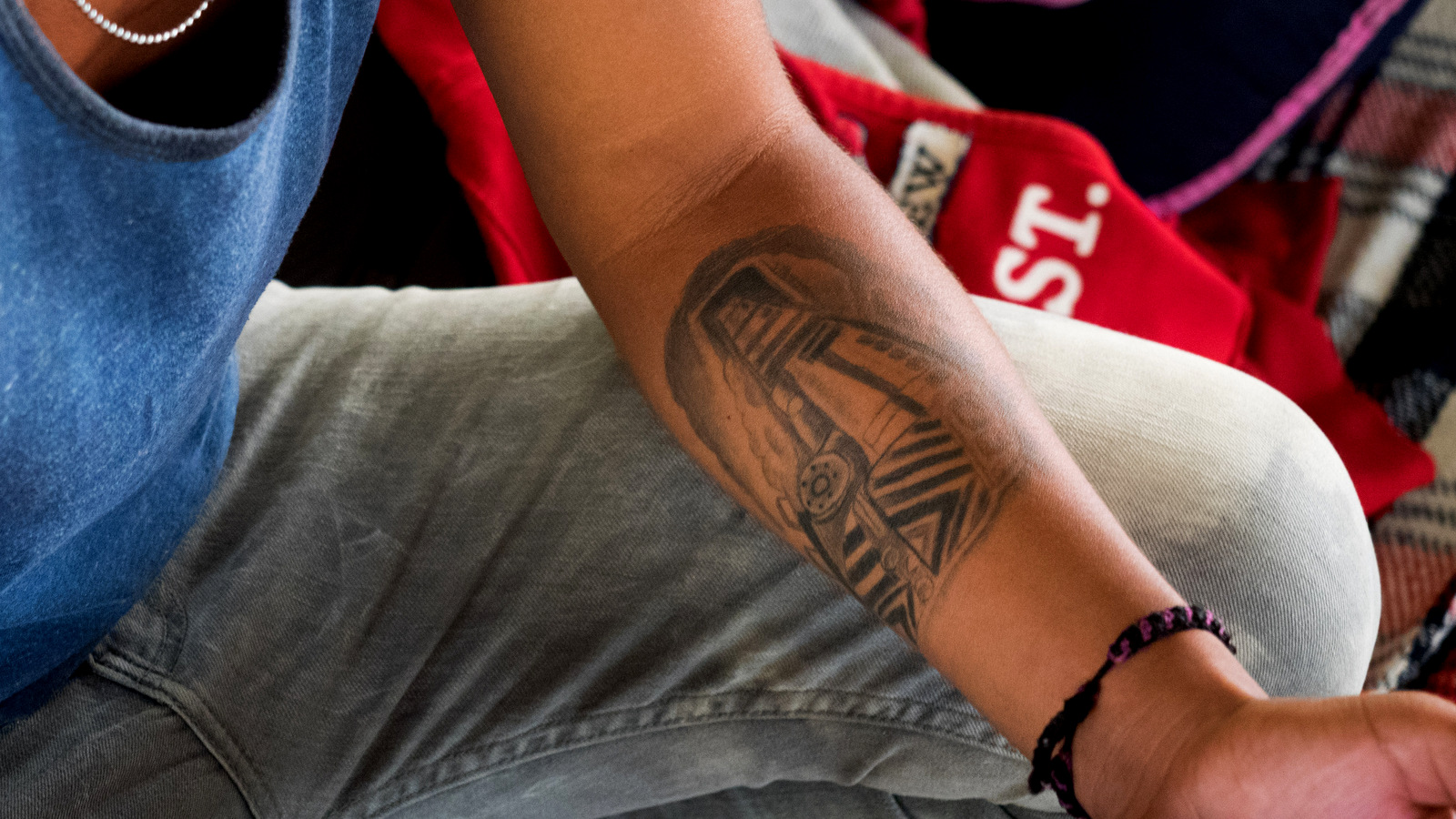
Olsen, who has accompanied migrants on several previous occasions, recounted seeing an attempted robbery. Emboldened by their numbers, however, a group of migrants traveling aboard La Bestia managed to scare off the robbers.
“It was a very beautiful moment,” Olsen said. “It really showed what the caravan is all about and the kind of safety and unity it provides in people’s lives,” said Olsen.
Read more by José Luis Granados Ceja
- Lopez Obrador’s Commanding Lead in Mexican Polls Spells End of the Line for Establishment Parties
- Human Rights in Mexico, From Crisis to Catastrophe
- Under the Shadow of Violence and Repression, Mexican Women March for a Change to the System
- Honduras: Arrest in Caceres Murder a Feeble Attempt at Image Rehab
Henry Josue said he was nearly killed by muggers aboard La Bestia. “It is very difficult to travel like that, you are putting your life at risk,” said Josue.
A Guatemalan migrant, Israel Greñaldo, has a large tattoo of the train on his left arm to commemorate the experience of traveling aboard La Bestia. Not one to forget his roots, he has a tattoo depicting his hometown of Antigua, Guatemala on his right arm.
Israel lived without status in the U.S. for awhile but was deported. Still, there are few jobs in Guatemala and the street gangs are increasingly violent; his brother was murdered almost a year ago. So Israel hopped on the caravan, headed north. “What I most want is to be with my family, but you can’t live there anymore, that’s why I’ve left my country,” said Israel.
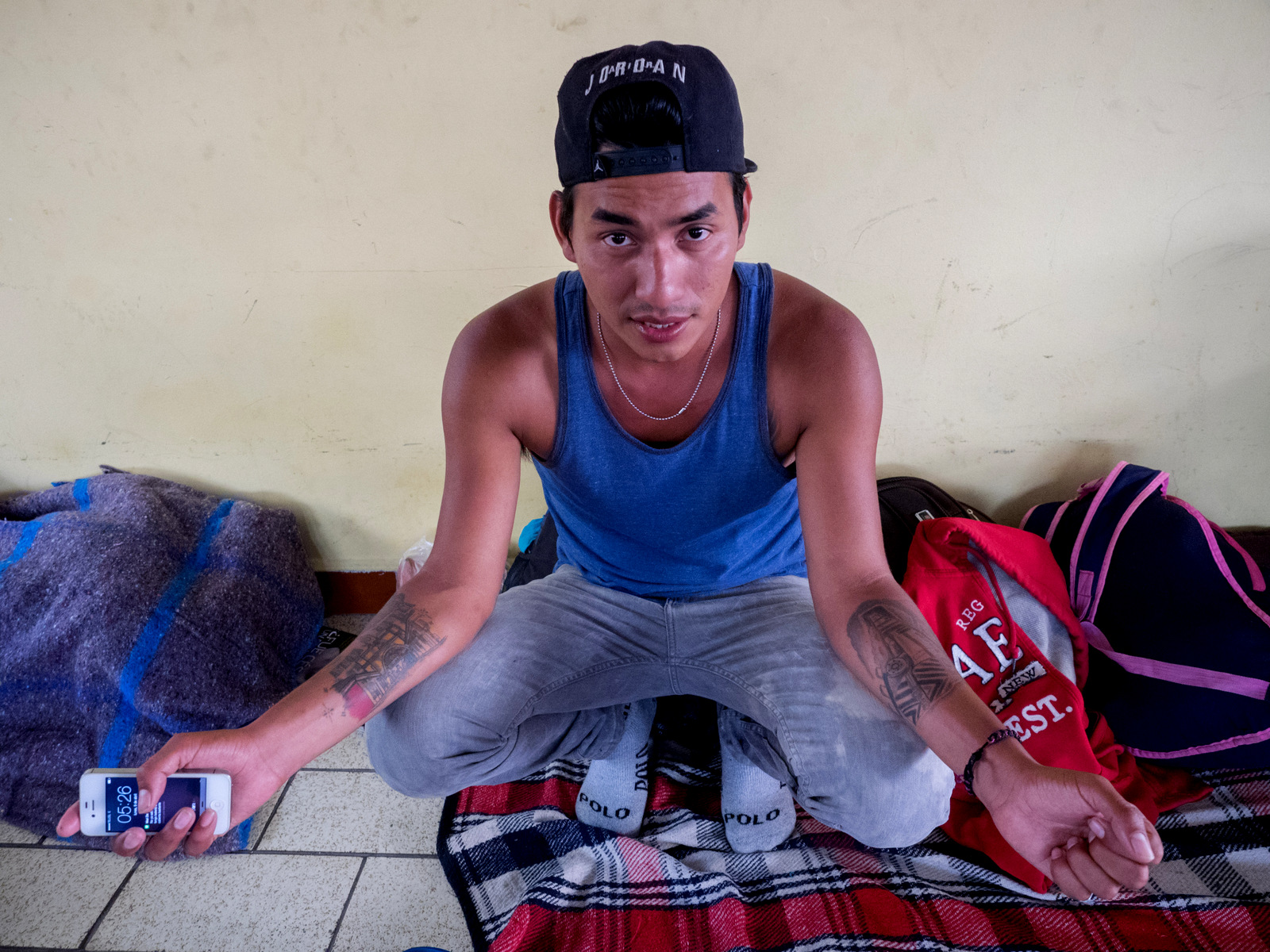
Neo-colonialism and the displacement of peoples
Trump’s xenophobia obscures a global trend of near-Biblical proportions: never before have so many people around the world been on the move. The neo-colonial history of the U.S., France, and the United Kingdom in the developing world has combined with Western military interventions in countries like Iraq, Libya, Syria and Yemen, and job-killing neoliberal trade pacts like the North American Free Trade Agreement, and the Central American Free Trade Agreement to destabilize countries like Guatemala, El Salvador, Honduras and Mexico.
On behalf of the United Fruit Company — the precursor to Chiquita Brands — the U.S. government engineered the coup that overthrew the democratically-elected socialist President of Guatemala, Jacobo Arbenz, in 1954, triggering a disastrous civil war that enjoyed bipartisan support from both Jimmy Carter and Ronald Reagan. Similarly, the effects of anti-communist pogroms continue to reverberate in El Salvador, while in Honduras the crime rate has soared since the Obama administration helped business elites in that country overthrew the democratically-elected government of a moderate President, Manuel Zelaya, in 2009.
Escaping from crime and criminal rule
But it is not just past U.S. policy that is creating hardship for migrants, for people like Henry Josue; it is present U.S. foreign policy that is creating many of their problems back home.
Last year, Honduran President Juan Orlando Hernandez was re-elected in a highly-disputed election that maintained the right wing’s stranglehold on the government.
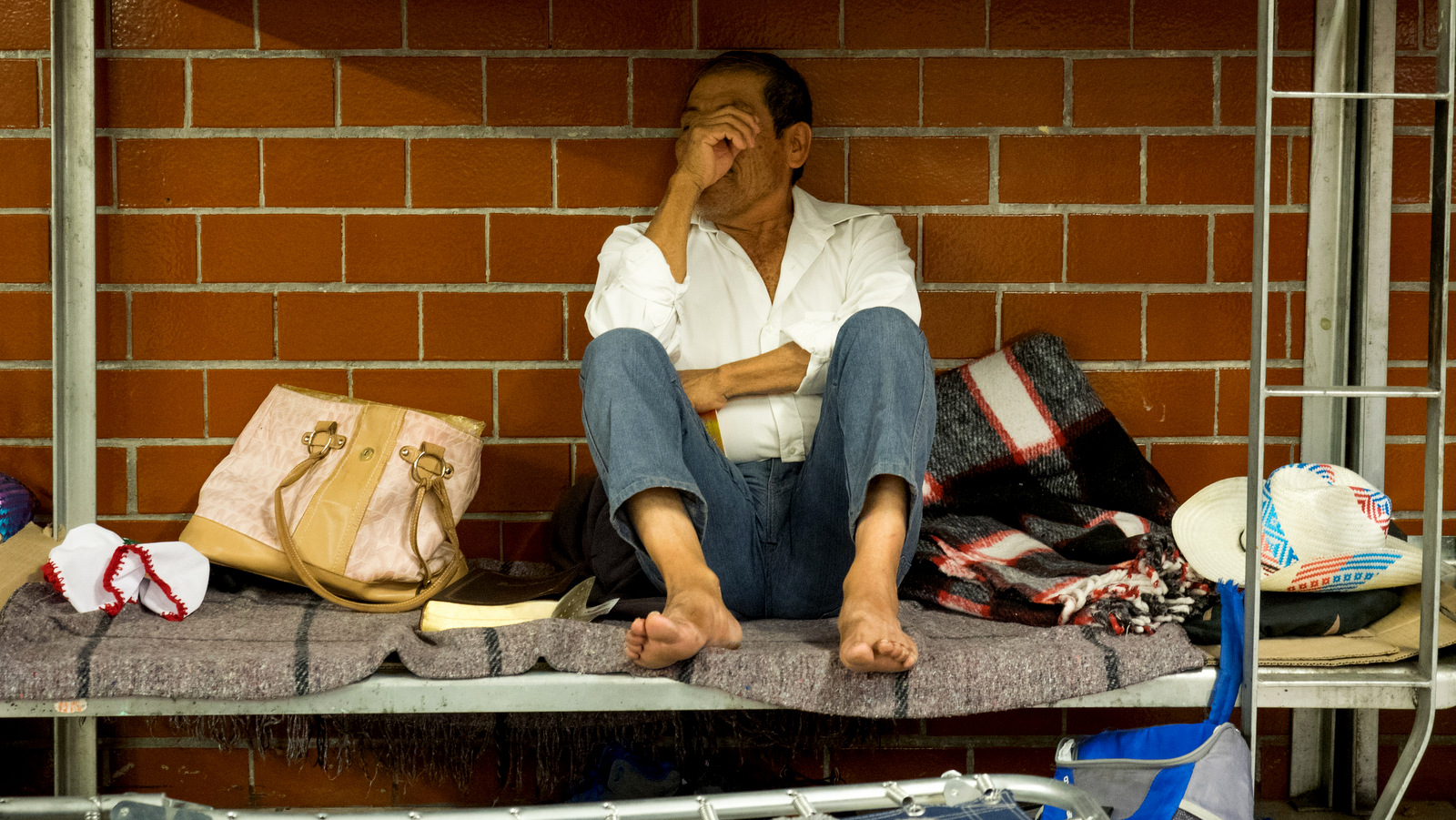
In his first term, Hernandez worked to militarize Honduran society, deploying the armed forces and a militarized police force, ostensibly to address rampant insecurity.
But to Henry Josue and millions of other Hondurans, the Hernandez victory was the result of election fraud, and the increased military presence in the country has only made life more difficult for ordinary people but done little to arrest the growing influence of organized crime groups in Honduras, known as maras.
These groups largely operate with impunity, acting almost like a parallel state. Henry laments the extortion that is levied on people by organized crime groups and says the fees are so onerous that he can’t afford to pay.
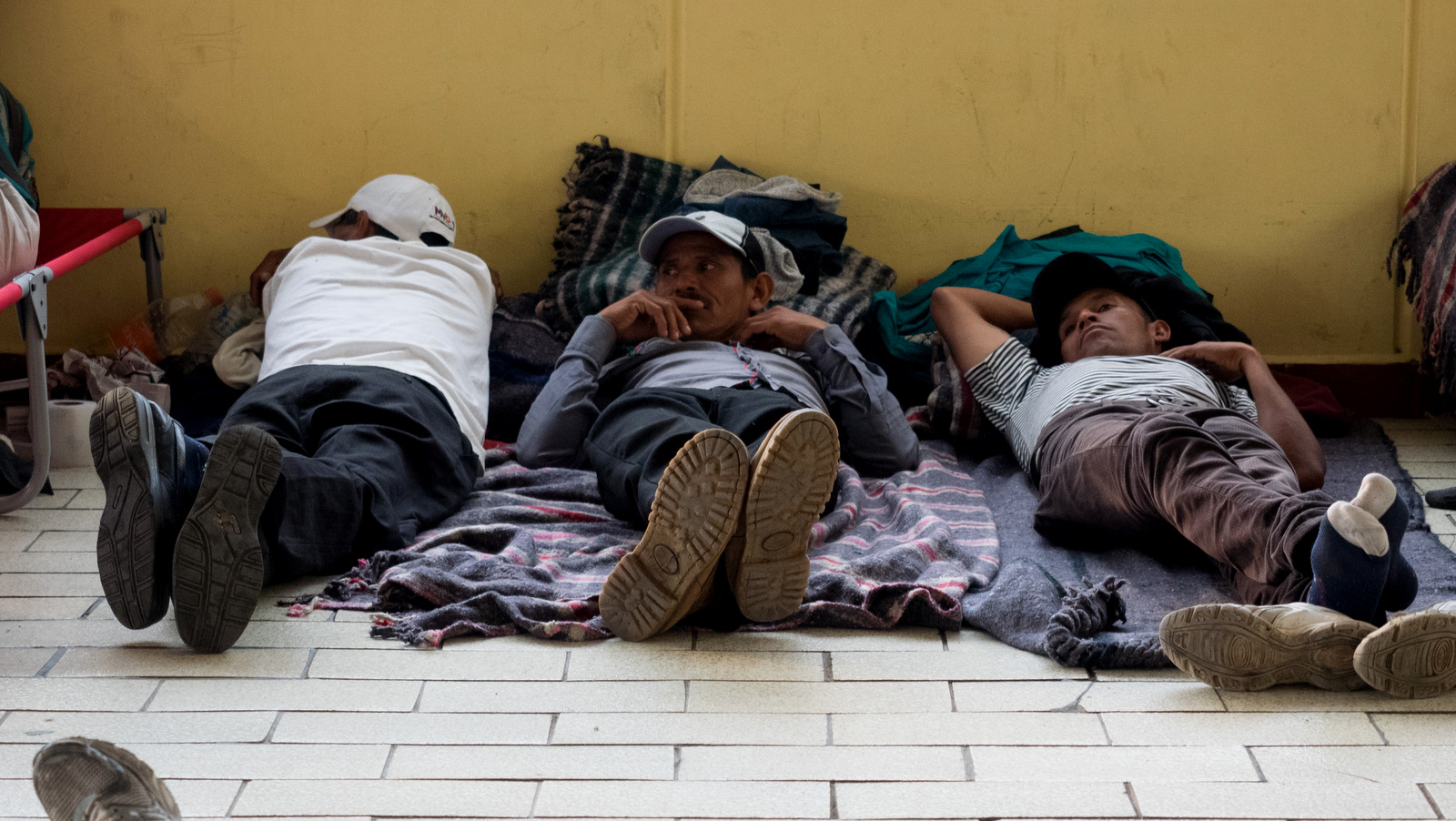
In addition, the police have their own protection rackets, extorting payoffs from professionals, small business owners and property owners, Henry said. Those who do not pay up risk having their property or goods seized.
“I was more scared of the police than of the maras,” said Henry, who fears the situation will only worsen. With a president widely seen as illegitimate, and the growing unrest of working-class people, an outright civil war is a possibility in El Salvador, he told MintPress, adding “The rich continue to get more rich and poor people cannot do anything.”
Sandra Zepeda said she was forced to flee El Salvador after an organized crime outfit threatened her. She says they give people a deadline of 24 hours to comply with their demands.
Going to the police is “not an option.” Her cousin reported an extortion attempt to the police, and was soon-after found dead. “We feel forced to leave; it hurts us to leave our country but we do not have another option,” said Zepeda, who added that she left behind her entire family, including her daughter.
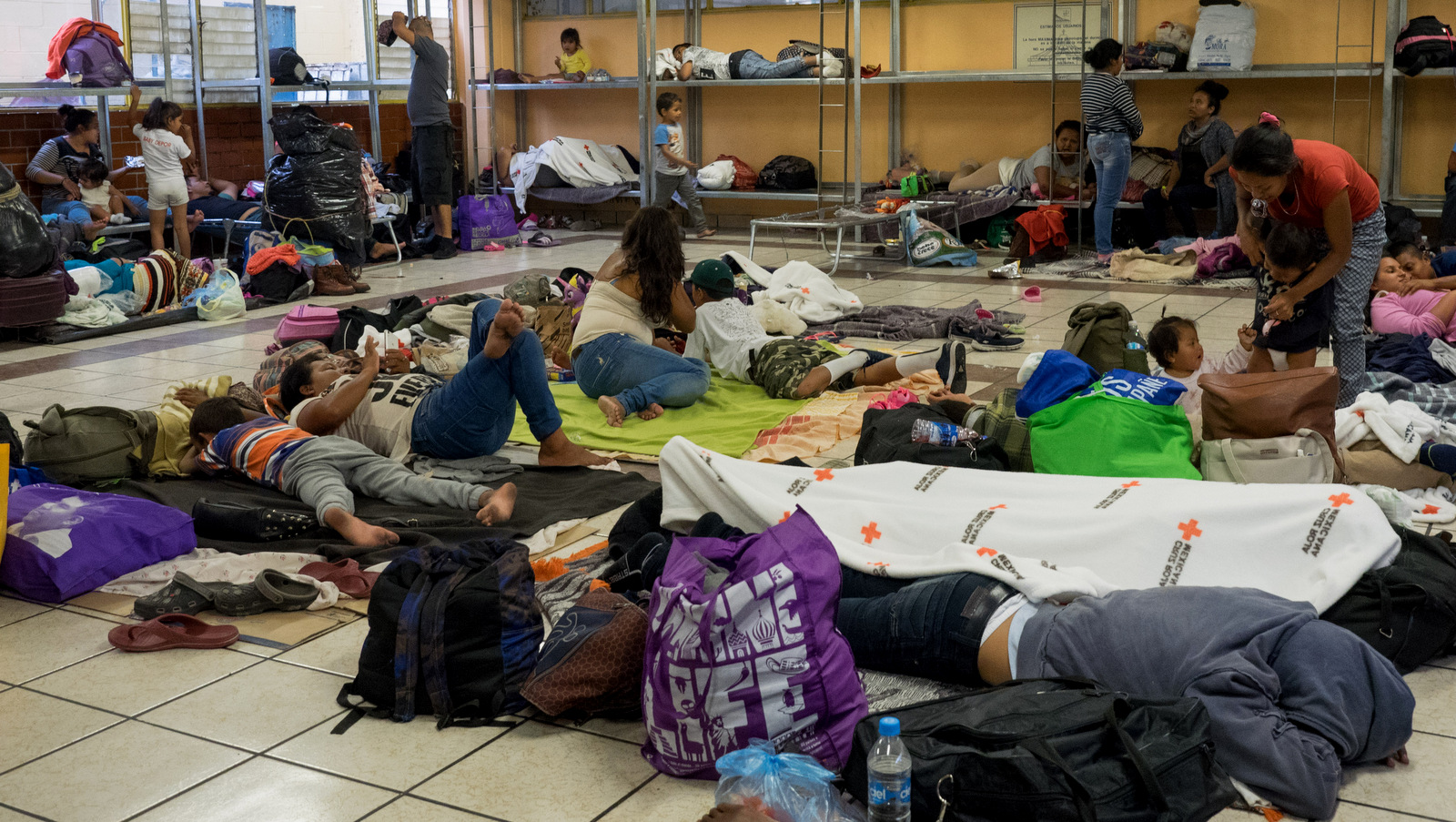
Not to harm but to help
The migrants have been on the road in Mexico for nearly three weeks and still have several more weeks ahead of them — though some, like Sandra, do not intend to cross over into the United States.
All of the migrants that MintPress News spoke to had nothing but praise for Pueblo Sin Fronteras and all the Mexican people who have offered their help.
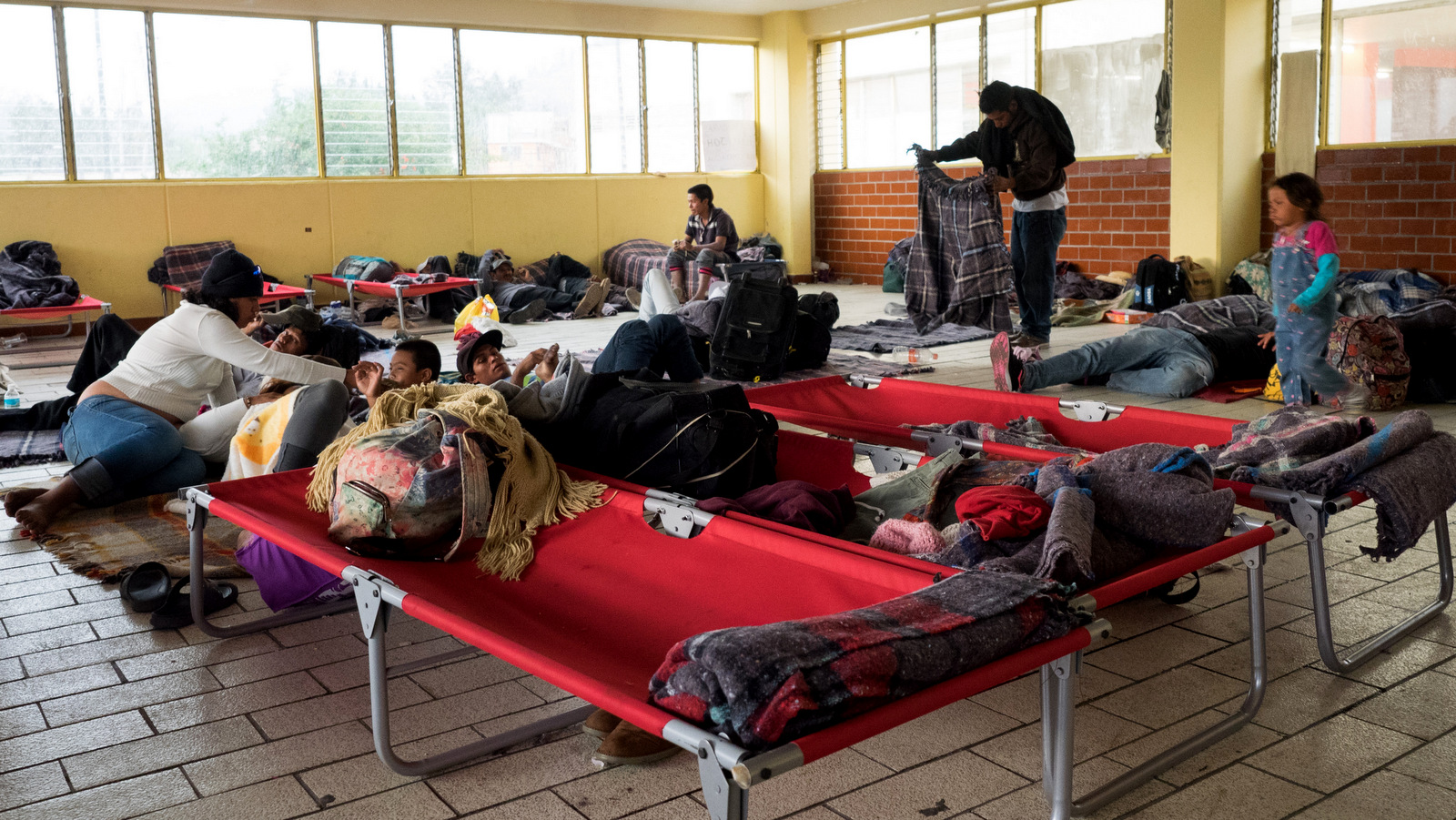
But they also had a consistent message for their critics inside the U.S., who have tried to paint them as criminals. “We haven’t come here to cause harm to the country; instead we’ve come to help the country and through that help our families,” said Henry.
Said Sandra of El Salvador: “Some people view us as criminals, and we are not; we are human beings who are trying to struggle to get ahead.”
Top Photo | Migrants participating in the caravan through Mexico stop to rest at the Casa del Peregrino in Mexico City, Mexico, where they have offered housing and support by the local municipality, April 10, 2017.
All photos featured in this story were taken by and are Copyright of José Luis Granados Ceja.
José Luis Granados Ceja is a writer and photojournalist based in Mexico City. He has previously written for outlets such as teleSUR and the Two Row Times and has also worked in radio as a host and producer. He specializes in contemporary political analysis and the role of media in influencing the public. He is particularly interested in covering the work of social movements and labor unions throughout Latin America.


